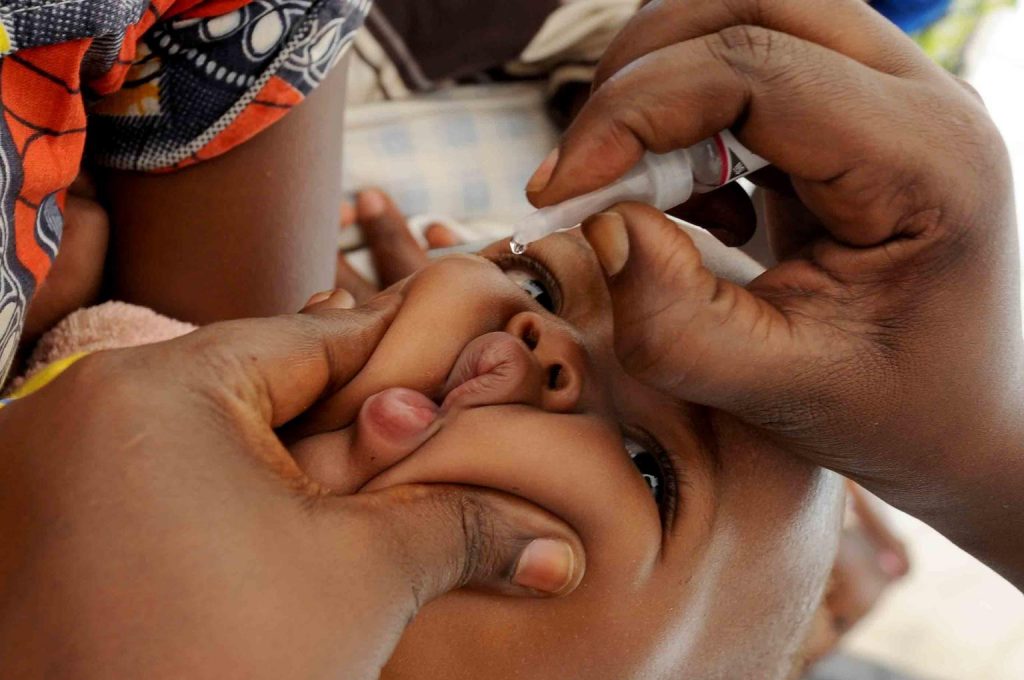Global health and poverty reduction discourses have recognised immunisation as one of the most affordable and effective means of reducing child mortality and in a broader sense, as an essential contribution to poverty reduction efforts. While immunisation comes with countless benefits, it is potentially a complex and difficult health strategy to enforce. Decisions on broader health as well as immunisation goals are often made at a global level to be incorporated and adapted in to national health plans and budgets. Evidently for immunisation campaigns, the journey from the global to the local is a vulnerable and unpredictable one. Indeed ‘anti-vaccination rumours’ have been defined as a major threat to achieving vaccine coverage goals. This is demonstrated in this paper through a case study of responses to the Global Polio Eradication Campaign (GPEI) in northern Nigeria where Muslim leaders ordered the boycott of the Oral Polio Vaccine (OPV). A 16-month controversy resulted from their allegations that the vaccines were contaminated with anti-fertility substances and the HIV virus was a plot by Western governments to reduce Muslim populations worldwide.
Through desk and field research, this paper explores the political and cultural angles of this controversy revealing deeper dimensions and complex factors that have contributed to the rejection of the Oral Polio Vaccine (OPV) in northern Nigeria. Through the lens of the local northern Nigerian communities, this paper examines and brings to question the roles, responsibilities and actions of global and national actors in implementing effective immunisation campaigns with a view to curbing and managing ‘antivaccination rumours’ and informing better practices for international health partnerships. I will argue that while the polio vaccine boycott has proved costly in both economic and human terms, it has opened up important lines of communication at both global and national levels, deepening dialogue, participation and sensitivity.



